A new report published Monday has blamed civil war and instability for a famine in South Sudan – the first to be declared globally for 6 years. Some 100,000 people now face starvation, with 4.9 million more in desperate need of food.This new warning comes as the conflict between government forces loyal to President Salva Kiir and rebels with allegiance to former Vice President Riek Machar has spread to the Kajo Keji region near the Ugandan border.UN reports of violence, rapes and systematic attacks against civilians have been confirmed by South Sudanese fleeing the war-torn country. The refugee influx streaming into Uganda has numbered an average of 3,657 crossings per day in recent weeks, with a peak of 6,765 new arrivals on Feb. 1, according to the United Nations.Thousands seek out illegal border crossings, as government forces from the Sudanese People’s Liberation Army (SPLA) charge people the equivalent of $3 to leave the country.In December, UN Secretary General Ban Ki-Moon warned: “The risk of these mass atrocities, which include recurring episodes of ethnic cleansing, escalating into possible genocide, is all too real.”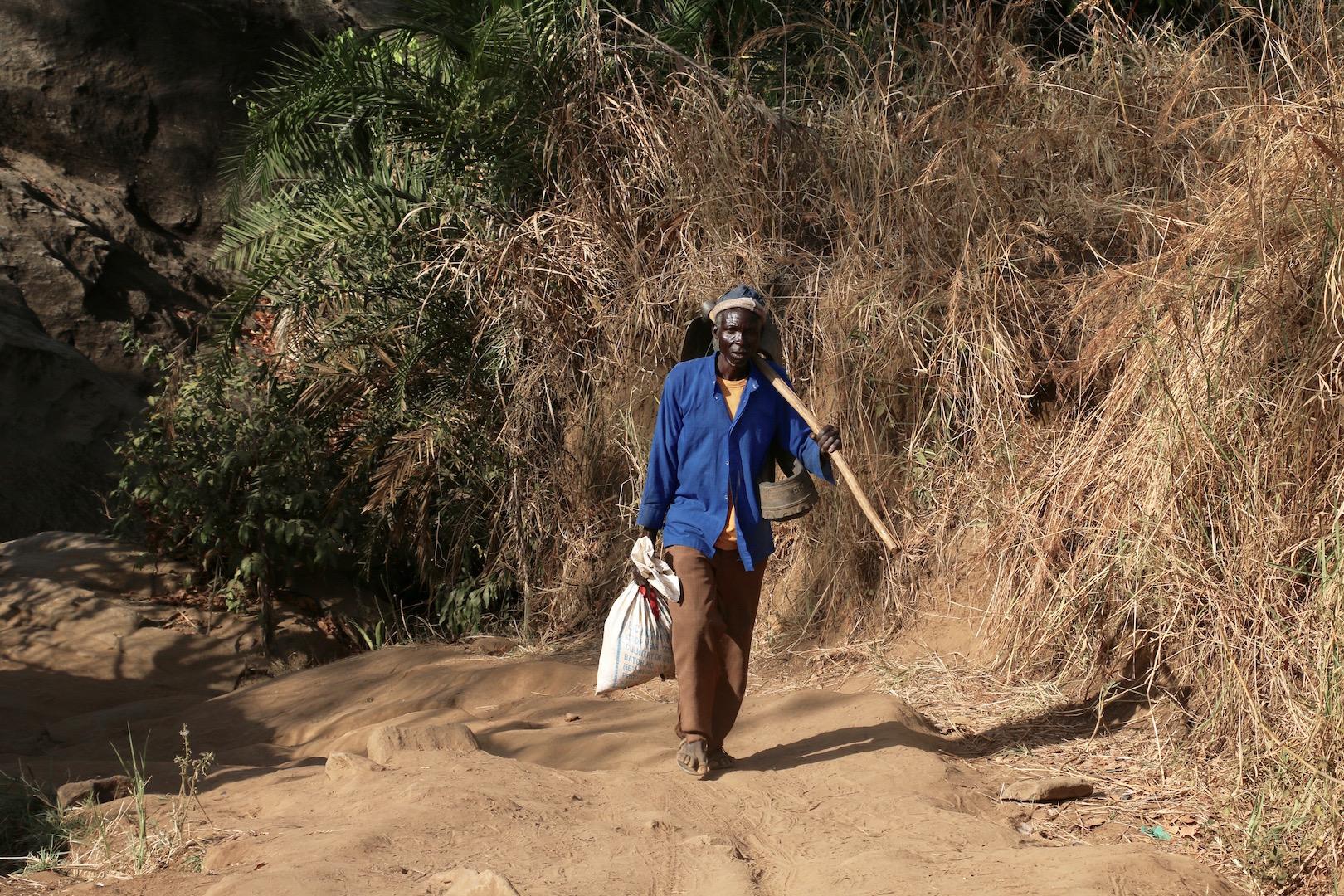 Down the hill – over the dried out Kayo stream separating Uganda and South Sudan – lies safety. Many walk across with only what they can carry in their arms. “The government forces shot our neighbours. They said they were helping the rebels, but they were innocent. This is the third time I am fleeing. I have spent most of my life in exile,” says William Tomdien.Most of the refugees crossing over are women and children – 86 percent, according to the UN. Many of the men are either fighting in South Sudan or trying to make a living there.
Down the hill – over the dried out Kayo stream separating Uganda and South Sudan – lies safety. Many walk across with only what they can carry in their arms. “The government forces shot our neighbours. They said they were helping the rebels, but they were innocent. This is the third time I am fleeing. I have spent most of my life in exile,” says William Tomdien.Most of the refugees crossing over are women and children – 86 percent, according to the UN. Many of the men are either fighting in South Sudan or trying to make a living there.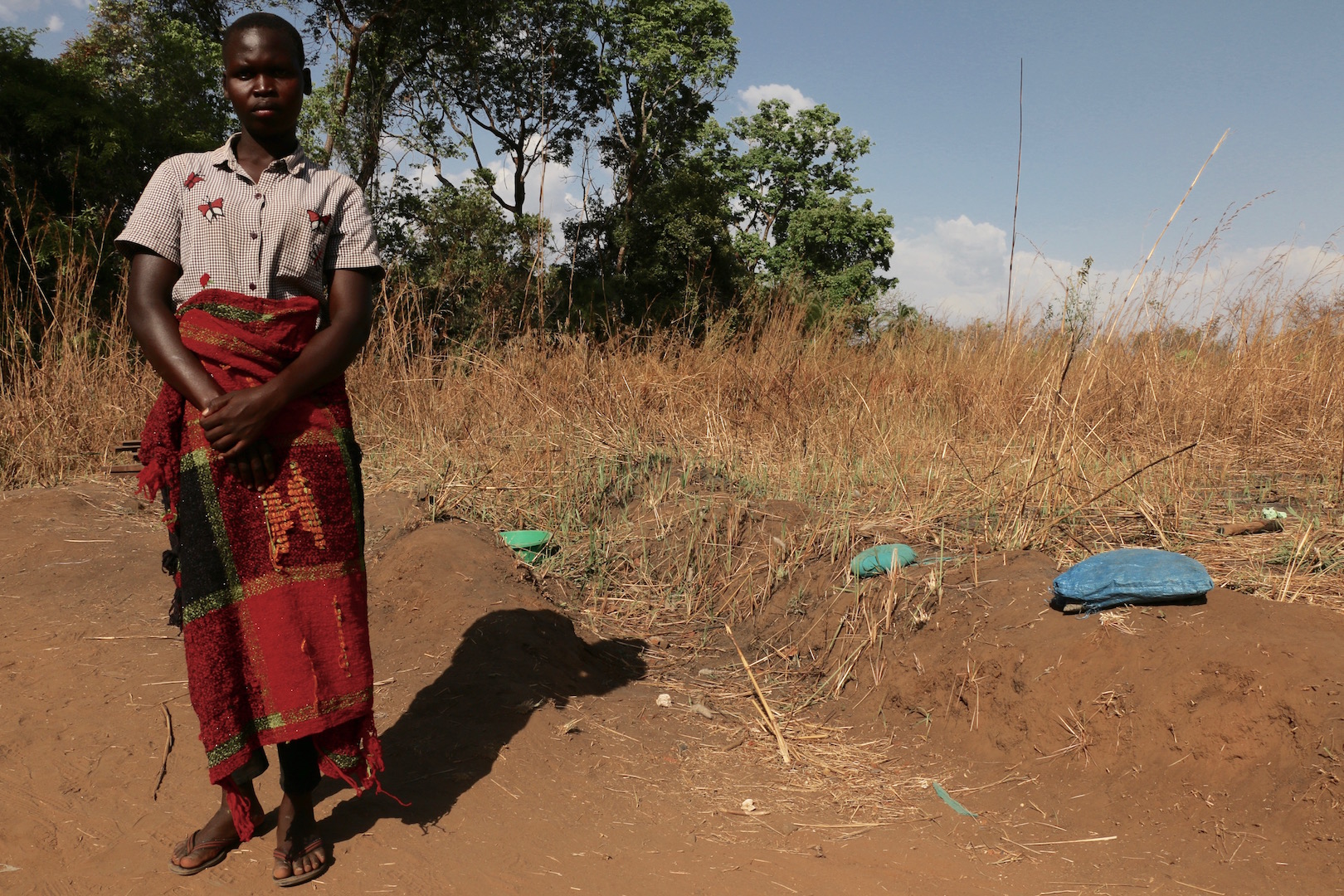 “I left at 3.00pm yesterday. People came and said: Do you want to die? If not, leave the country. I was scared they would come to my home,” said 21 year-old Nancy Yobu, minutes after crossing the border.The UN reports of soldiers being allowed to rape in lieu of salary, and many women leave their villages in haste to avoid such a fate.
“I left at 3.00pm yesterday. People came and said: Do you want to die? If not, leave the country. I was scared they would come to my home,” said 21 year-old Nancy Yobu, minutes after crossing the border.The UN reports of soldiers being allowed to rape in lieu of salary, and many women leave their villages in haste to avoid such a fate.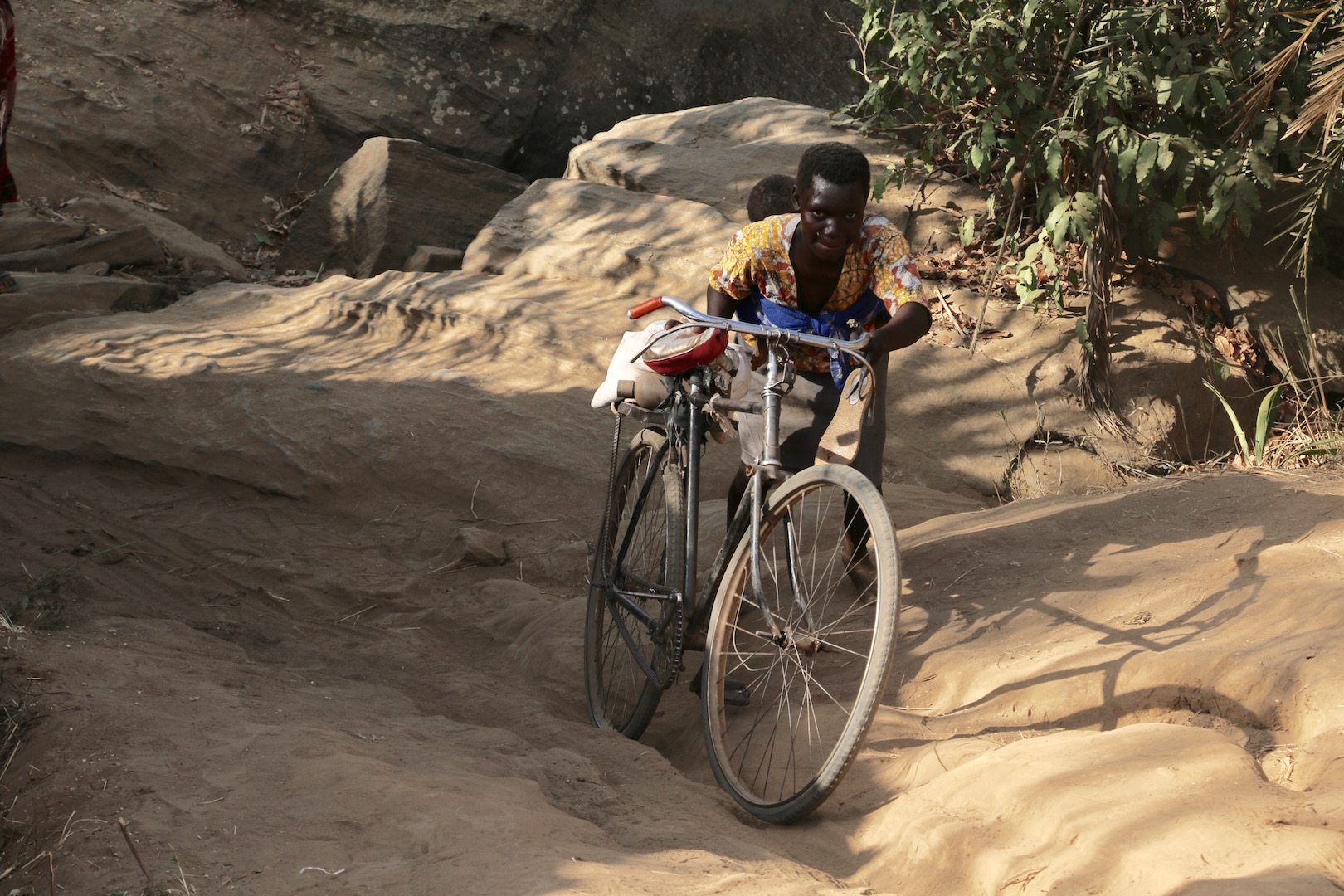 The majority of women cross the border alone, carrying only babies, food and home appliances.
The majority of women cross the border alone, carrying only babies, food and home appliances.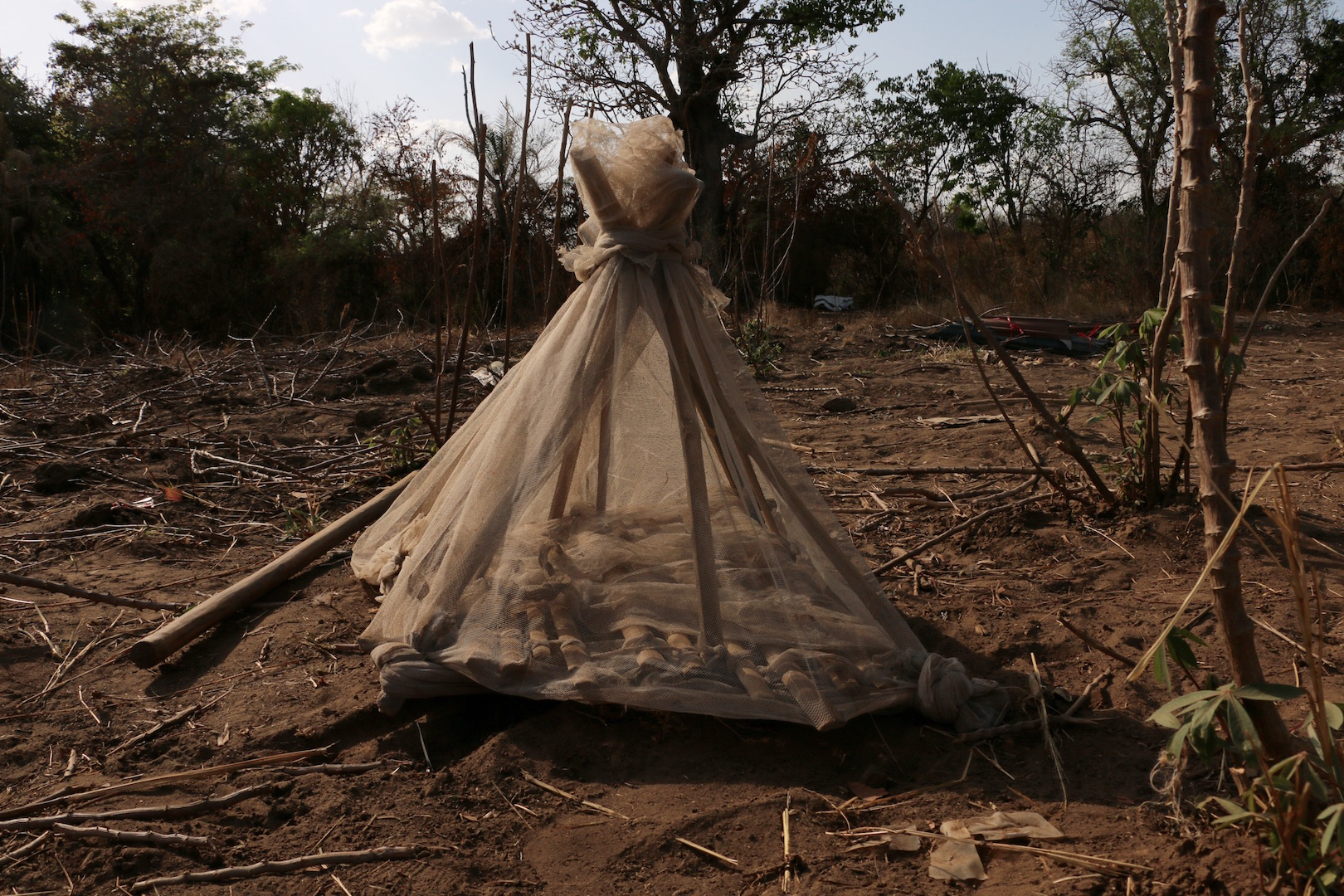 Once they have crossed into Uganda, many people leave things people leave behind at the border, only to realize that their journey is far from finished.
Once they have crossed into Uganda, many people leave things people leave behind at the border, only to realize that their journey is far from finished.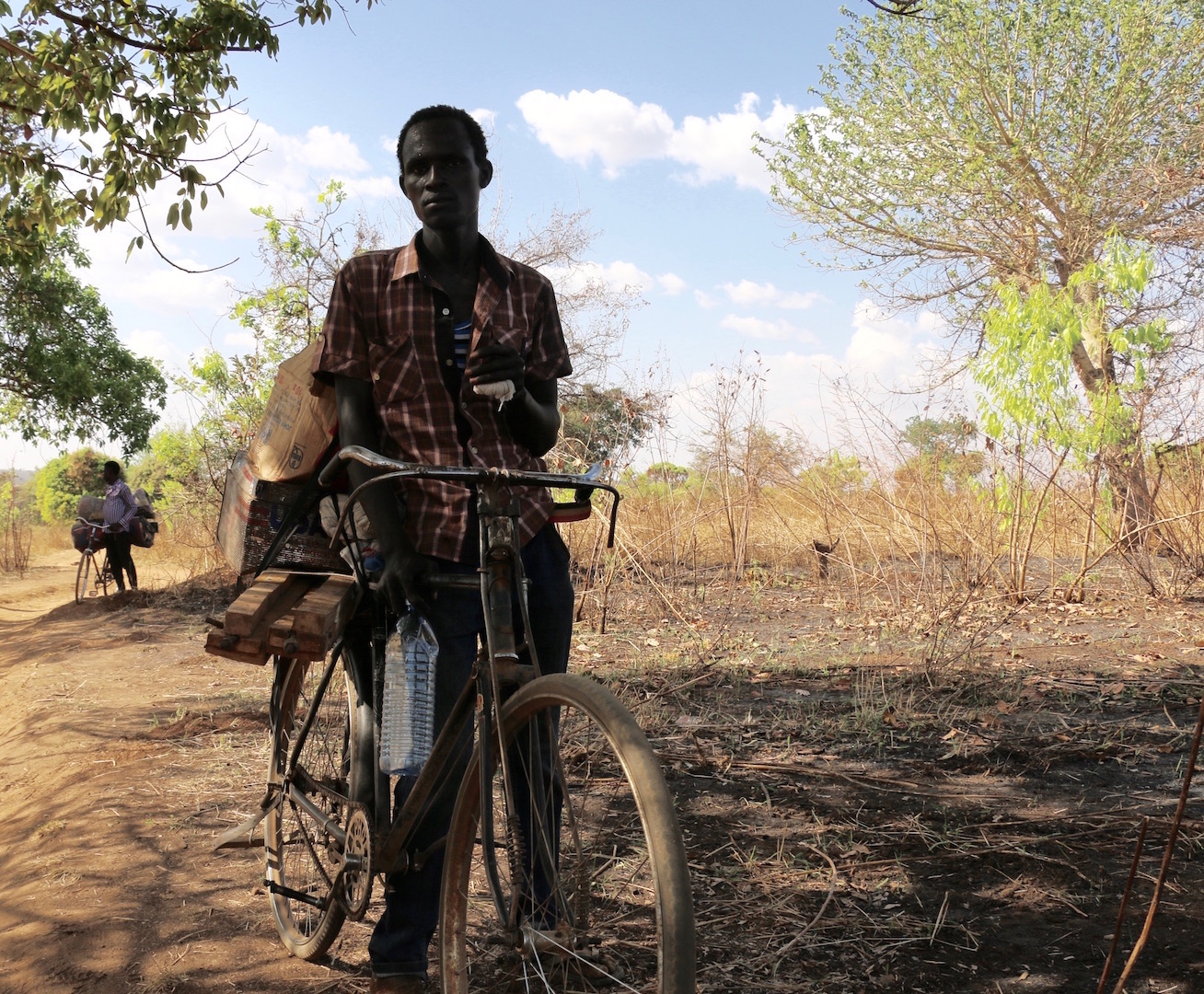 Some people, like Emmanuel Sokiri, prepare to be away from home for a long time. ”The situation is bad. My father was robbed, I am going back now for the 6th and final time to get my things, my wife and two-year old son. There is almost no one left in the village.”
Some people, like Emmanuel Sokiri, prepare to be away from home for a long time. ”The situation is bad. My father was robbed, I am going back now for the 6th and final time to get my things, my wife and two-year old son. There is almost no one left in the village.”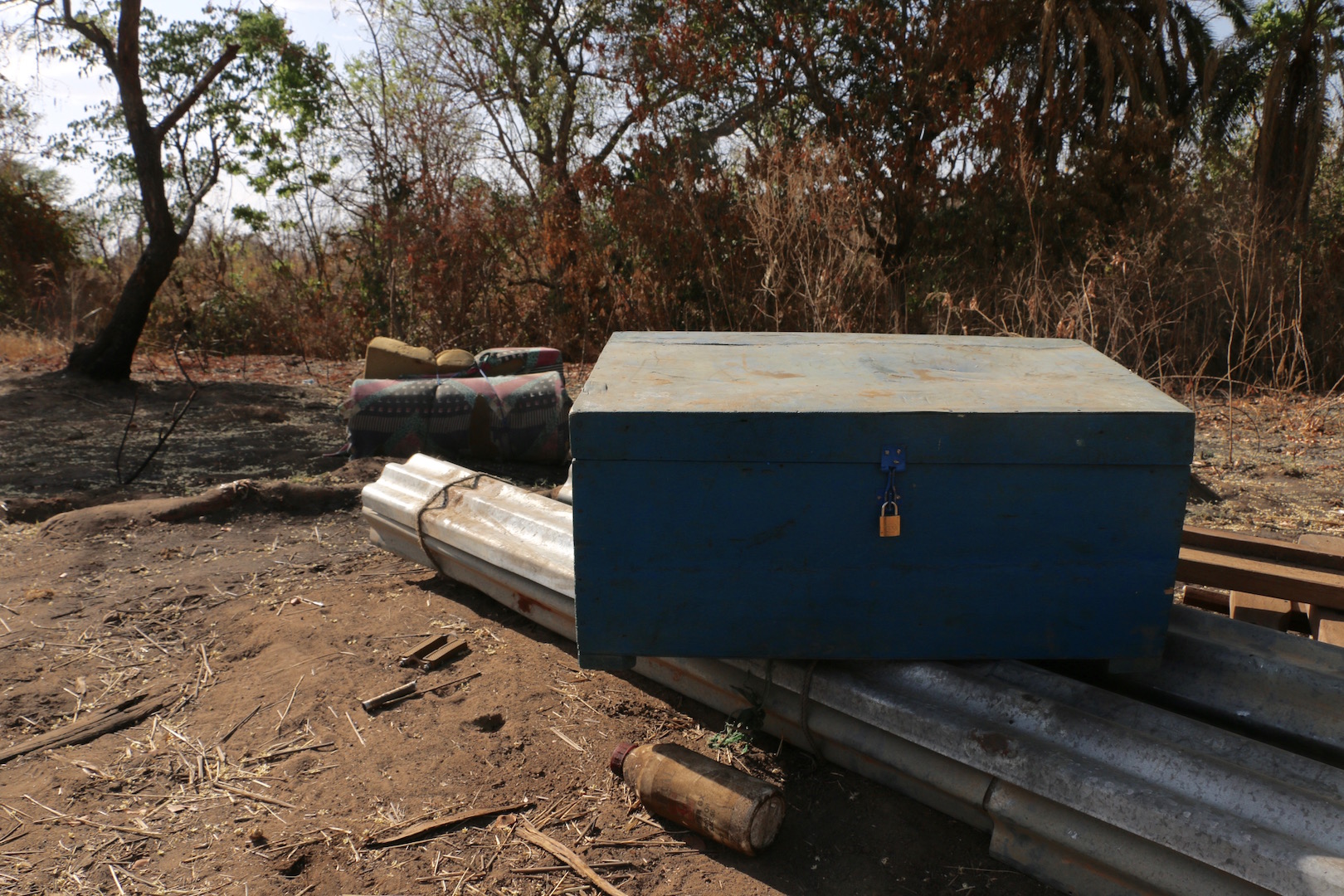 Like Emmanuel, many people cross over several times, moving their lives bits at a time – in chests or boxes. Padlocks are the only available security measurement.
Like Emmanuel, many people cross over several times, moving their lives bits at a time – in chests or boxes. Padlocks are the only available security measurement.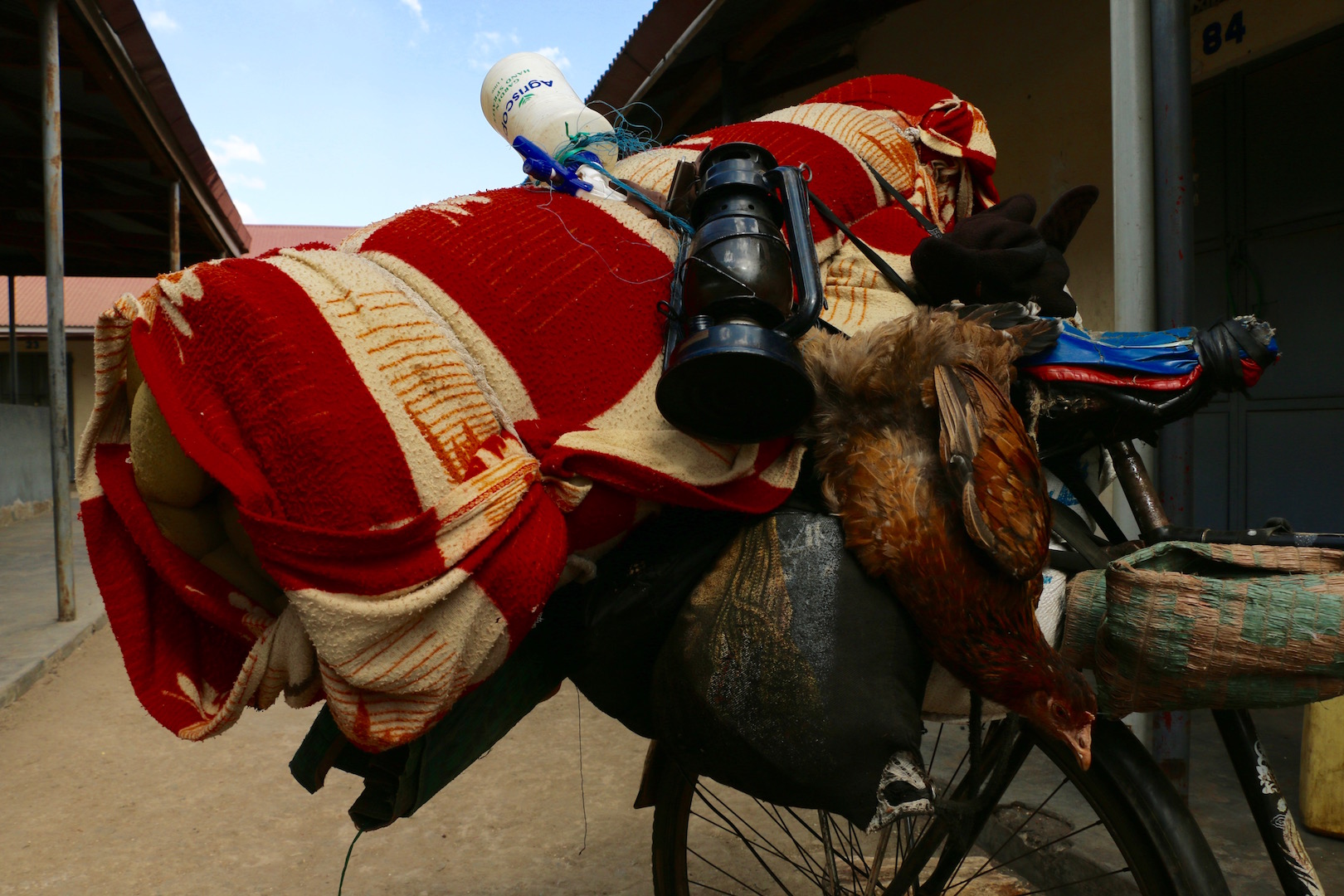 After crossing the border, refugees walk 5 kilometers to Afoji town reception center, where they are allocated to camps.
After crossing the border, refugees walk 5 kilometers to Afoji town reception center, where they are allocated to camps.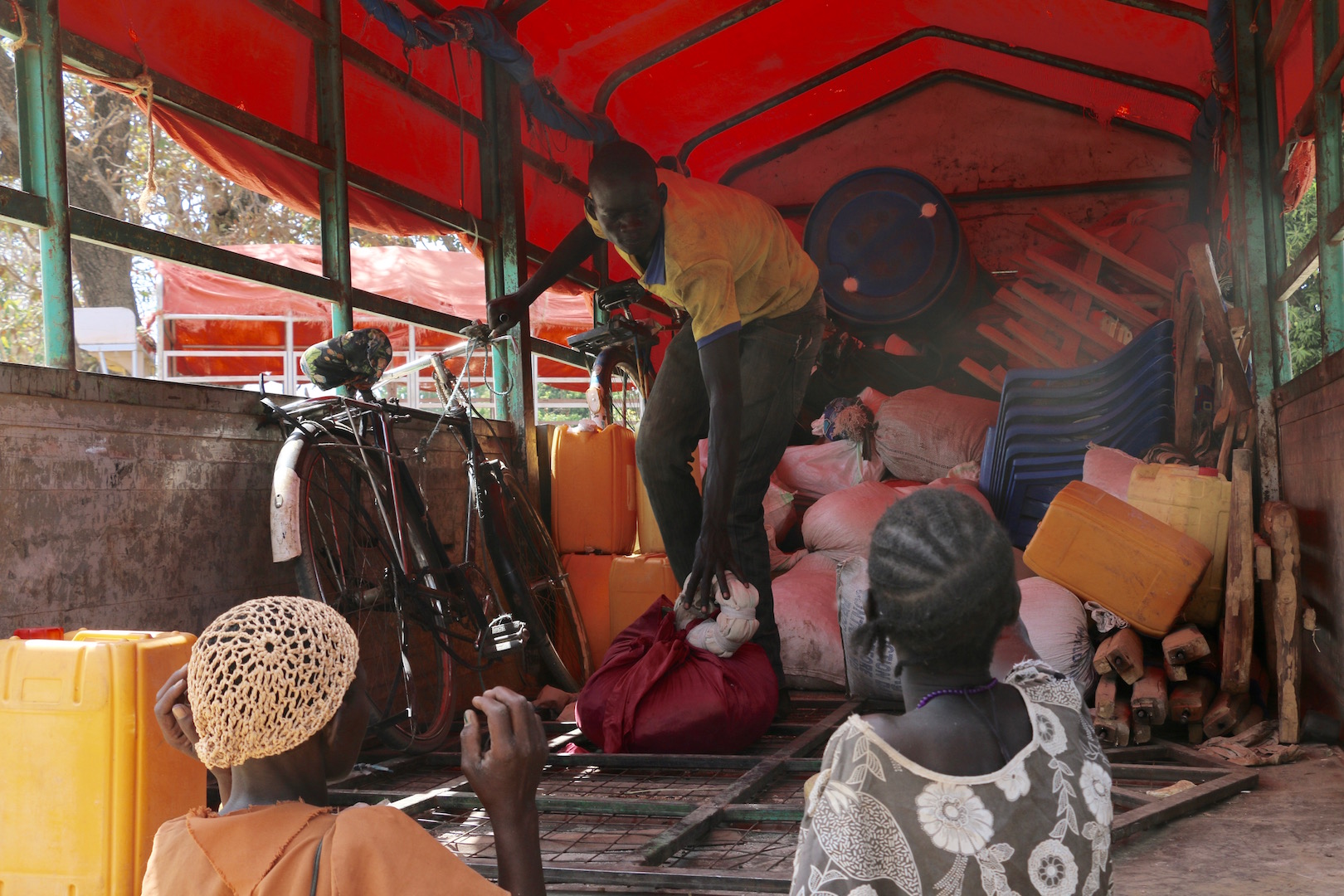 The refugees and their possessions are loaded onto a truck that drives them to their new homes. From there, they will find a plot of land in one of the region’s refugee camps, and try to rebuild their lives.“More than 60 percent of the refugees are children, many arriving with alarming levels of malnutrition… Recent new arrivals report suffering inside South Sudan with intense fighting, kidnappings, rape, fears of armed groups and threats to life, as well as acute food shortage,” said UN spokesman William Spindler on Feb. 10.
The refugees and their possessions are loaded onto a truck that drives them to their new homes. From there, they will find a plot of land in one of the region’s refugee camps, and try to rebuild their lives.“More than 60 percent of the refugees are children, many arriving with alarming levels of malnutrition… Recent new arrivals report suffering inside South Sudan with intense fighting, kidnappings, rape, fears of armed groups and threats to life, as well as acute food shortage,” said UN spokesman William Spindler on Feb. 10.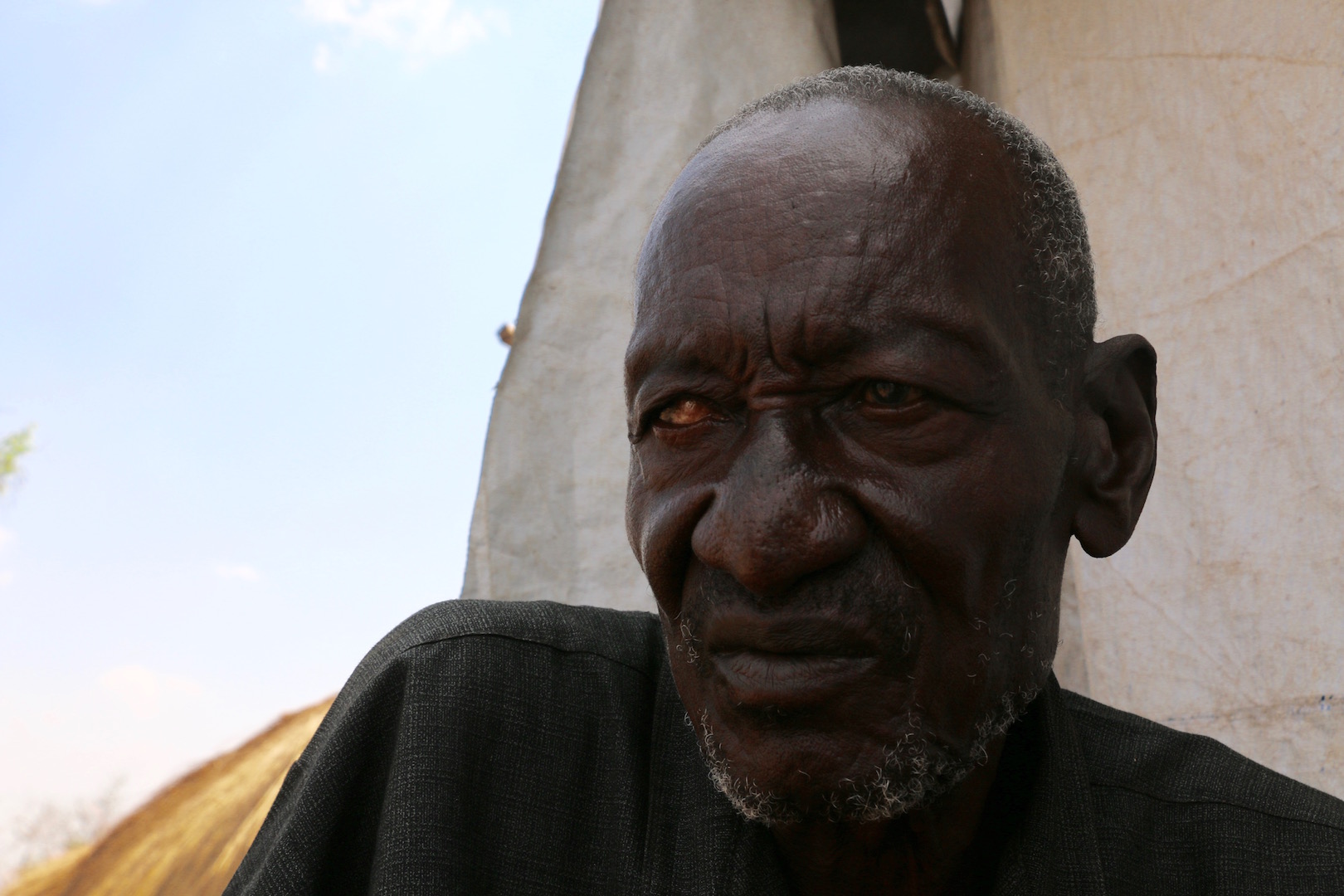 More than 1.5 million South Sudanese have fled what can well be described as hell on earth. The ones left are the disabled and elderly, sitting like lame ducks in camps outside villages, said Philip Lomer, a seventy year-old South Sudanese. ”I had to walk over dead bodies to get to Uganda.”
More than 1.5 million South Sudanese have fled what can well be described as hell on earth. The ones left are the disabled and elderly, sitting like lame ducks in camps outside villages, said Philip Lomer, a seventy year-old South Sudanese. ”I had to walk over dead bodies to get to Uganda.”
Advertisement


Advertisement






